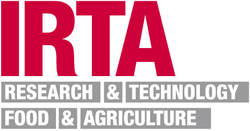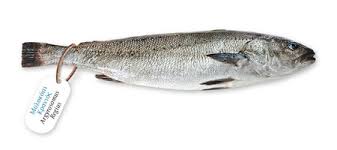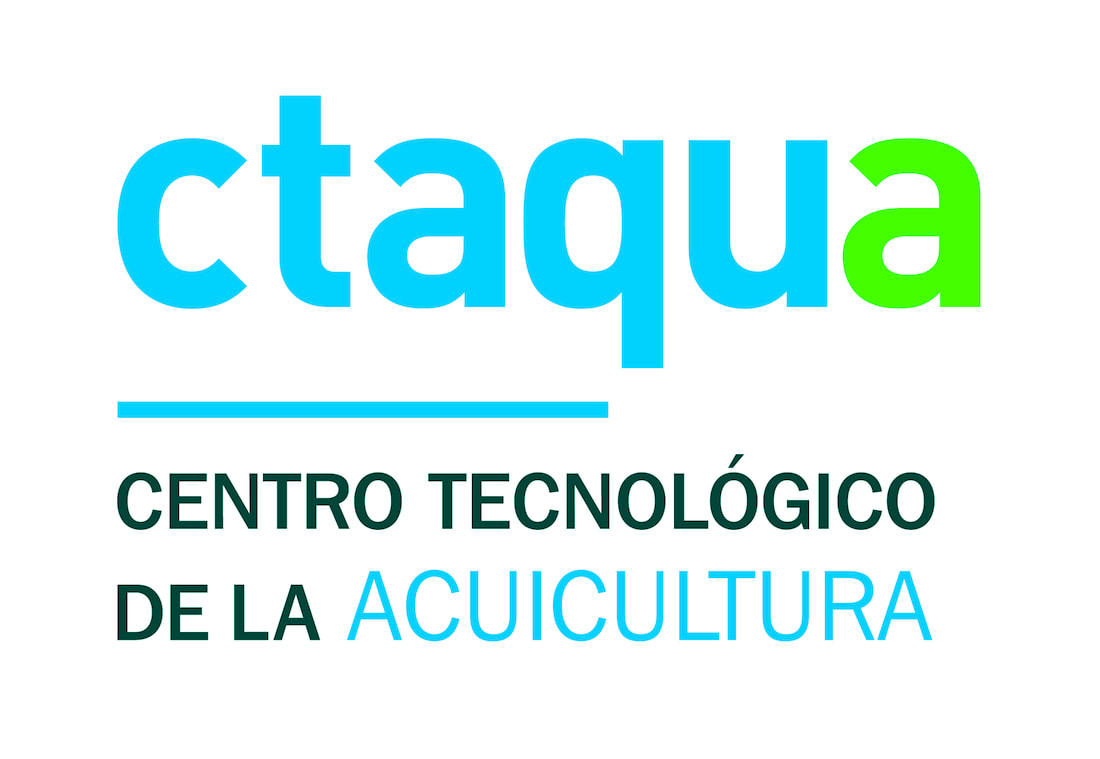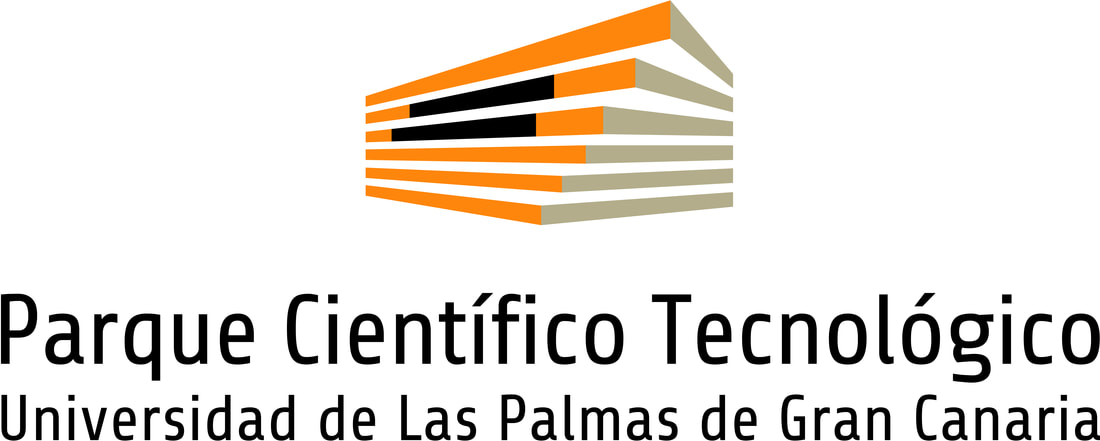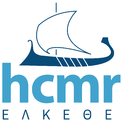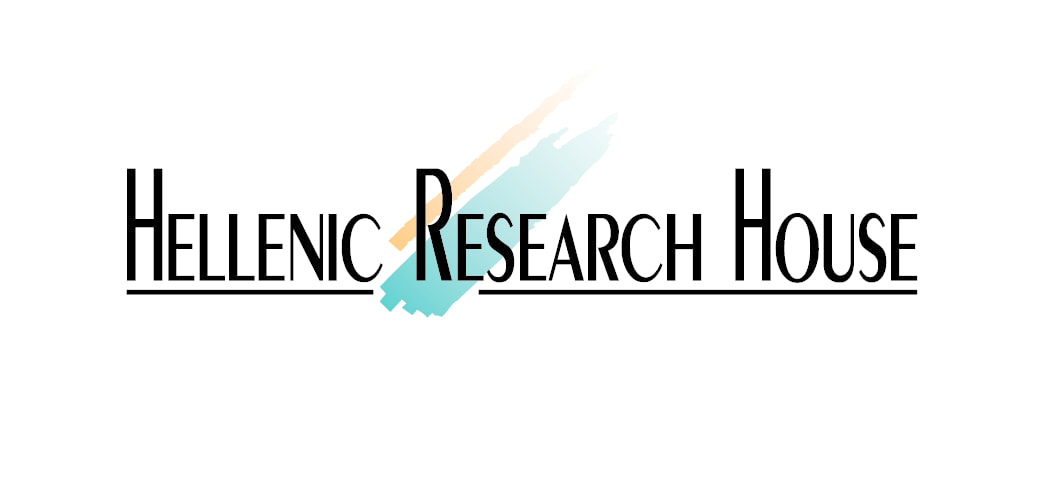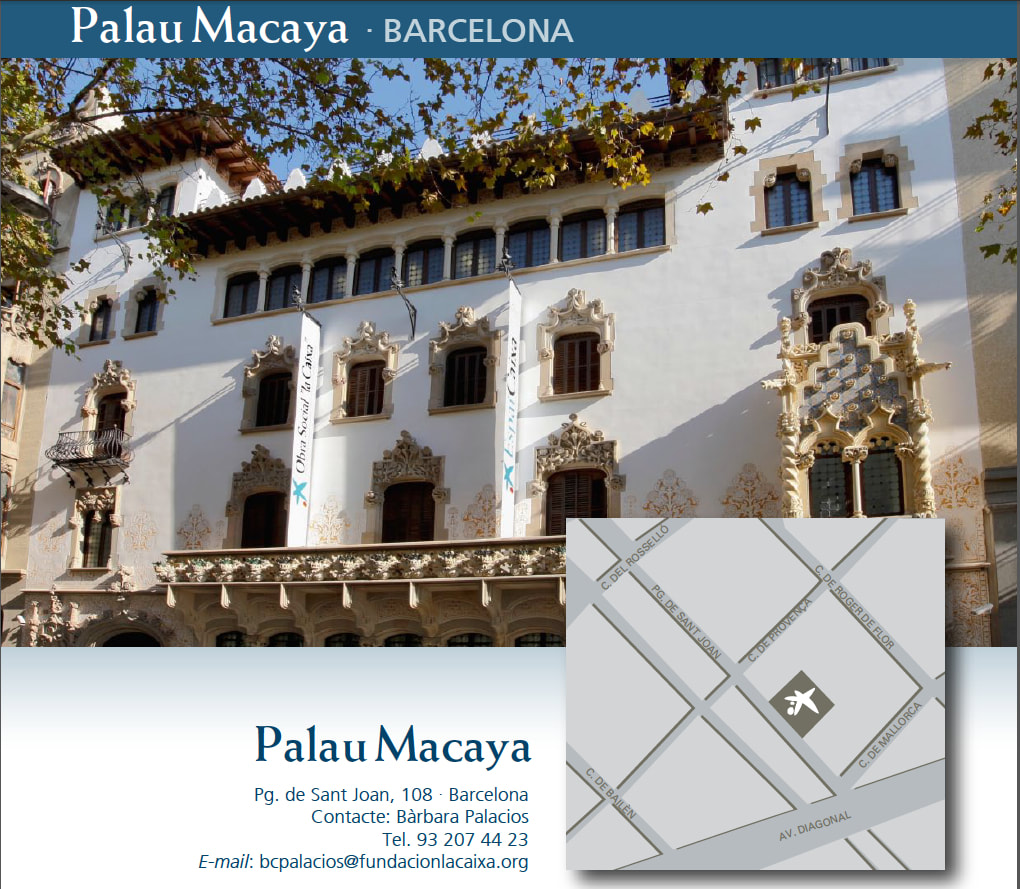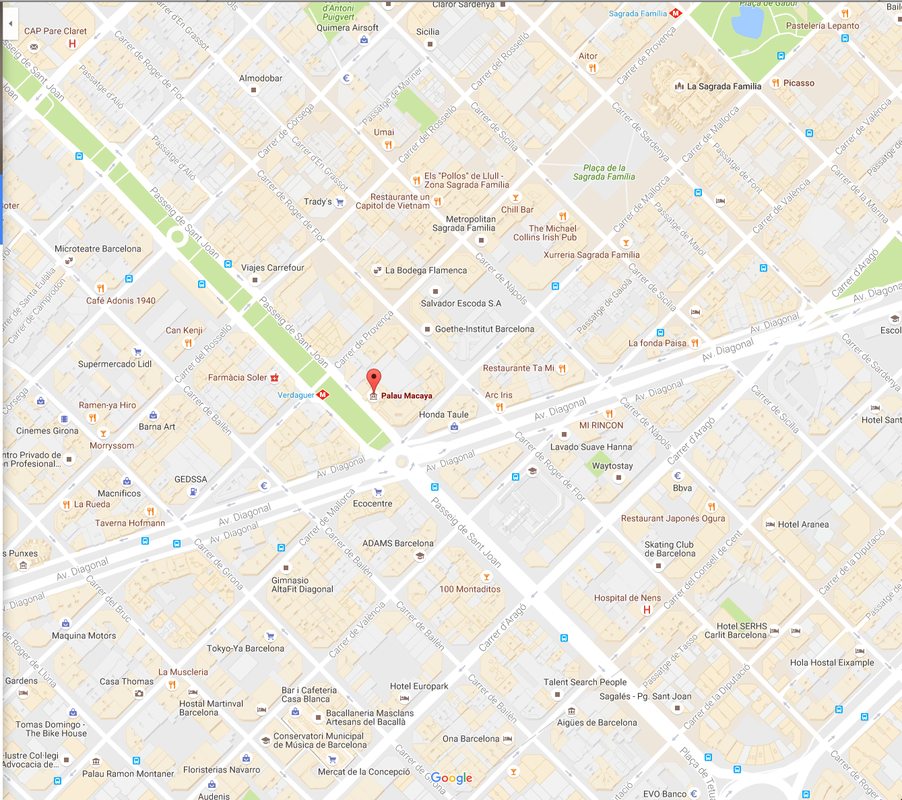Meagre (Argyrosomus regius) is one of the 6 species selected for the European program DIVERSIFY, a five-year projectto advance the knowledge and its practical application in the culture of new and emerging finfish species, in order to satisfy an expanding European market for a variety of sustainable fresh fish. There is increasing interest in the culture of fast-growing, large marine fishes as an alternative to the commonly cultured European sea bass and gilthead sea bream. Such large and fast-growing fish would allow the development of many value added products to address the modern consumers who are increasingly looking for more convenient and ready-to-cook seafood products.
The workshop was addressed to the aquaculture industry, with the objective of transferring the knowledge acquired by the project on the various aspects of meagre rearing, in order to enable any commercial aquaculture operation to include this species in their production. The venue of the meeting was the Palau Macaya, Barcelona, Spain.
The workshop was addressed to the aquaculture industry, with the objective of transferring the knowledge acquired by the project on the various aspects of meagre rearing, in order to enable any commercial aquaculture operation to include this species in their production. The venue of the meeting was the Palau Macaya, Barcelona, Spain.
presentations at the workshop
|
| ||||||||||||
|
| ||||||||||||
|
| ||||||||||||
|
| ||||||||||||
|
| ||||||||||||
|
| ||||||||||||
| pinto_w_sparos_feeds.pdf | |
| File Size: | 23383 kb |
| File Type: | |
Technical manual |
| ||||||
Fish health manual |
| ||||||
meeting Agenda and presentations
8:30 – 9:00 Welcome and registration
9:10 – 9:15 The DIVERSIFY project (Constantinos C. Mylonas, Coordinator,Hellenic Centre for Marine Research, Greece)
9:15 – 9:30 Meagre and the contribution of DIVERSIFY (Alicia Estévez, Species Leader,Institut de Recerca I Tecnologia
Agroalimentaries, Spain)
9:30 – 10:00 Meagre reproduction, use of hormones and paired crossings (Neil Duncan, Institut de Recerca I Tecnologia
Agroalimentaries, Spain).
10:00-10:30 Genetic variation of captive meagre (Juan Manuel Afonso,Universidad de Las Palmas de Gran Canaria, Spain)
10:30-11:00 Weaning of meagre larvae (Alicia Estévez,Institut de Recerca I Tecnologia Agroalimentaries, Spain)
11:00-11:30 Coffee break
11:30-12:00 Advances in larval and juvenile nutrition(Daniel Montero,University of Las Palmas de Gran Canaria, Gran
Canaria, Spain).
12:00- 12:30 Study of feeding behaviour of meagre towards the development of rearing technologies (Neil Duncan,Institut de
Recerca I Tecnologia Agroalimentaries, Spain and Ioannis Papadakis, Hellenic Centre for Marine Research,
Greece)
12:30-13:00 On-growing in cages: Optimizing the rearing conditions (Nikos Papandroulakis, Hellenic Centre for Marine
Research, Greece)
13:00-15:00 Lunch
15:00-15:30 Health issues and management (Karl Andree,Institut de Recerca I Tecnologia Agroalimentaries, Spain)
15:30-16:00 Parasites and Systemic Granulomatosis (Panthelis Katharios, Hellenic Centre for Marine Research, Greece)
16:00:16:30 Consumer attitudes and acceptance of new fish products: the case of meagre (Lluis Guerrero, Institut de
Recerca I Tecnologia Agroalimentaries, Spain)
16:30-17:00 Natural spawnings and larval rearing (Pedro Pousao, IPMA, Portugal)
17:00-17:30 High performance diets for meagre larvae and early juveniles (Wilson Pinto, Sparos Ltd., Portugal)
17:30-18:00 Round table discussion on bottlenecks to improved production and defining the farmer’s needs (Rocio Robles,
Dissemination leader, CT-AQUA, Spain)
9:10 – 9:15 The DIVERSIFY project (Constantinos C. Mylonas, Coordinator,Hellenic Centre for Marine Research, Greece)
9:15 – 9:30 Meagre and the contribution of DIVERSIFY (Alicia Estévez, Species Leader,Institut de Recerca I Tecnologia
Agroalimentaries, Spain)
9:30 – 10:00 Meagre reproduction, use of hormones and paired crossings (Neil Duncan, Institut de Recerca I Tecnologia
Agroalimentaries, Spain).
10:00-10:30 Genetic variation of captive meagre (Juan Manuel Afonso,Universidad de Las Palmas de Gran Canaria, Spain)
10:30-11:00 Weaning of meagre larvae (Alicia Estévez,Institut de Recerca I Tecnologia Agroalimentaries, Spain)
11:00-11:30 Coffee break
11:30-12:00 Advances in larval and juvenile nutrition(Daniel Montero,University of Las Palmas de Gran Canaria, Gran
Canaria, Spain).
12:00- 12:30 Study of feeding behaviour of meagre towards the development of rearing technologies (Neil Duncan,Institut de
Recerca I Tecnologia Agroalimentaries, Spain and Ioannis Papadakis, Hellenic Centre for Marine Research,
Greece)
12:30-13:00 On-growing in cages: Optimizing the rearing conditions (Nikos Papandroulakis, Hellenic Centre for Marine
Research, Greece)
13:00-15:00 Lunch
15:00-15:30 Health issues and management (Karl Andree,Institut de Recerca I Tecnologia Agroalimentaries, Spain)
15:30-16:00 Parasites and Systemic Granulomatosis (Panthelis Katharios, Hellenic Centre for Marine Research, Greece)
16:00:16:30 Consumer attitudes and acceptance of new fish products: the case of meagre (Lluis Guerrero, Institut de
Recerca I Tecnologia Agroalimentaries, Spain)
16:30-17:00 Natural spawnings and larval rearing (Pedro Pousao, IPMA, Portugal)
17:00-17:30 High performance diets for meagre larvae and early juveniles (Wilson Pinto, Sparos Ltd., Portugal)
17:30-18:00 Round table discussion on bottlenecks to improved production and defining the farmer’s needs (Rocio Robles,
Dissemination leader, CT-AQUA, Spain)
| |||||||

